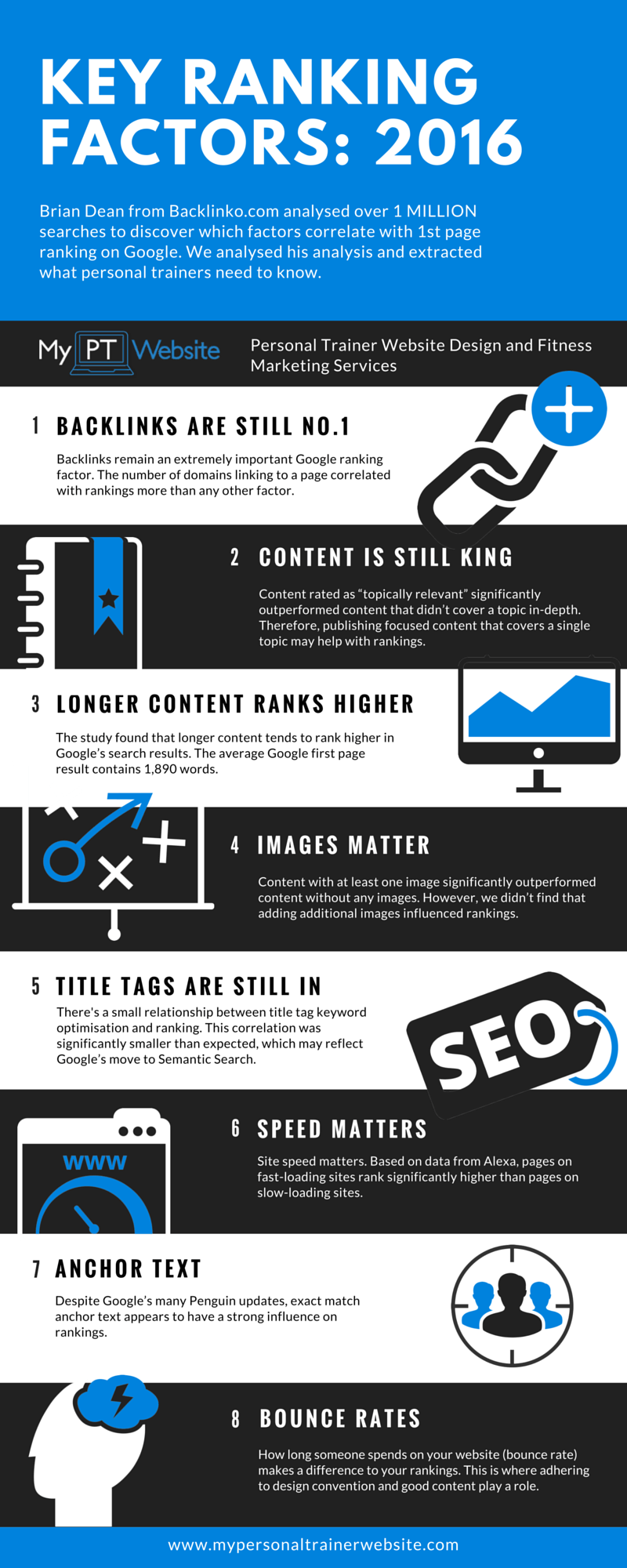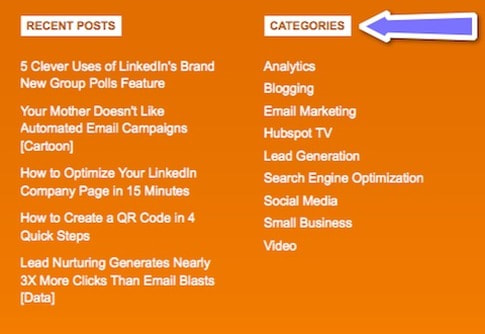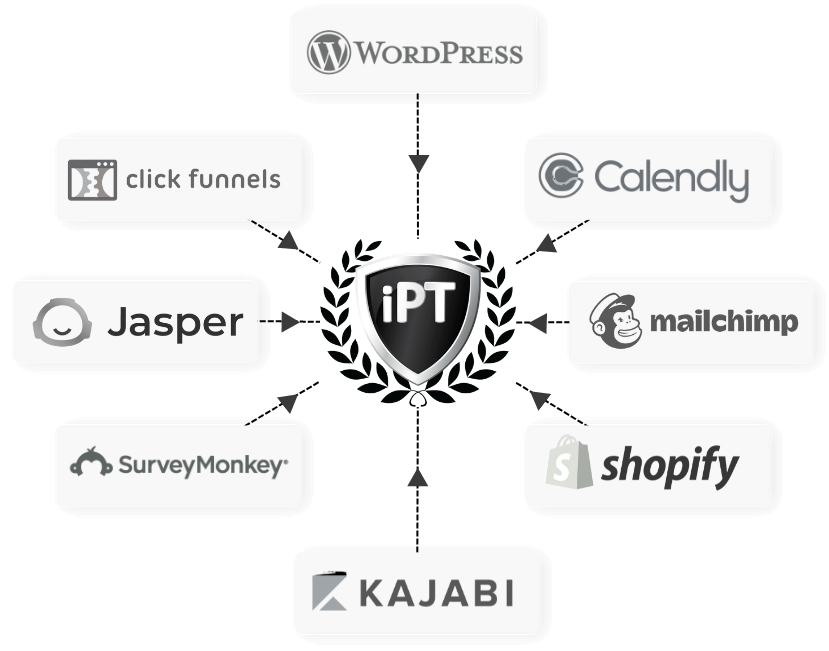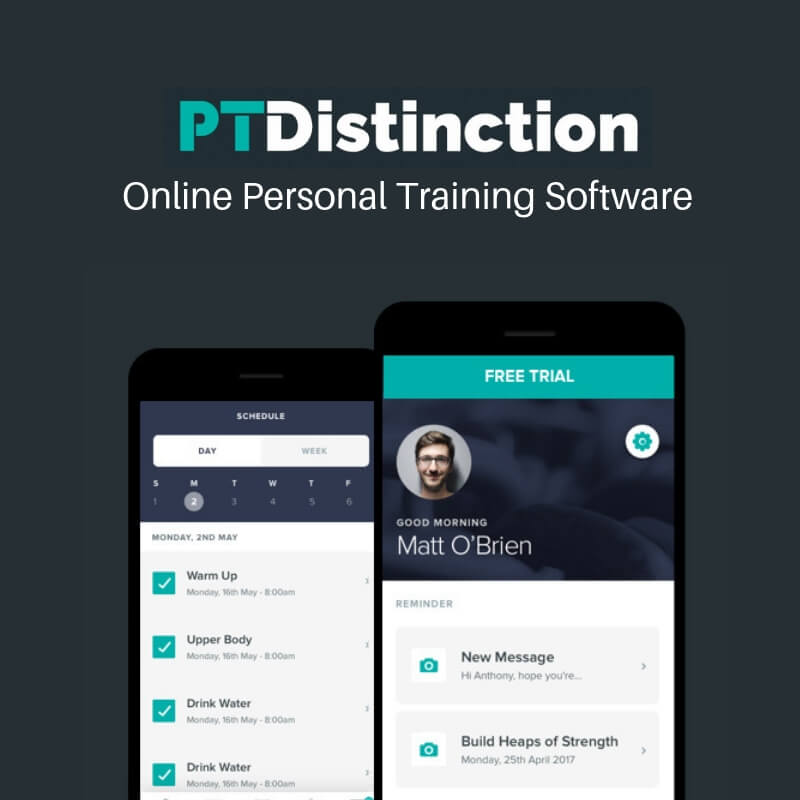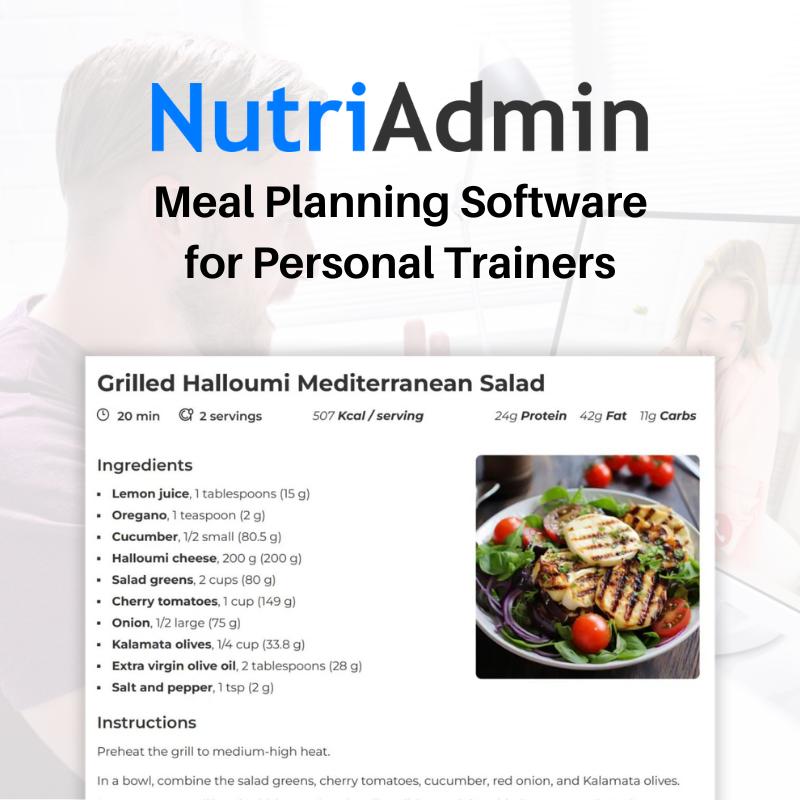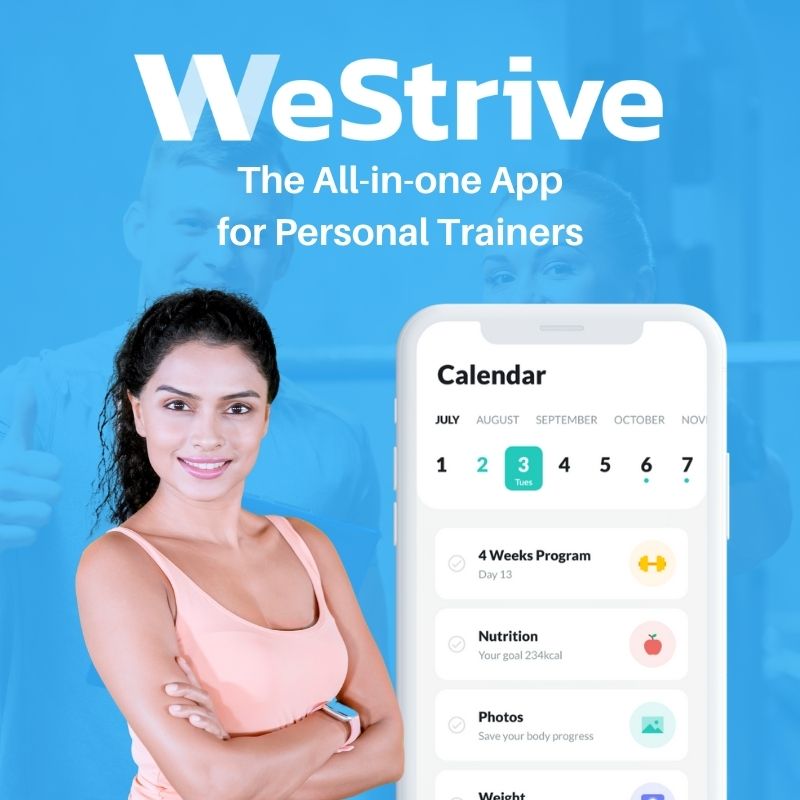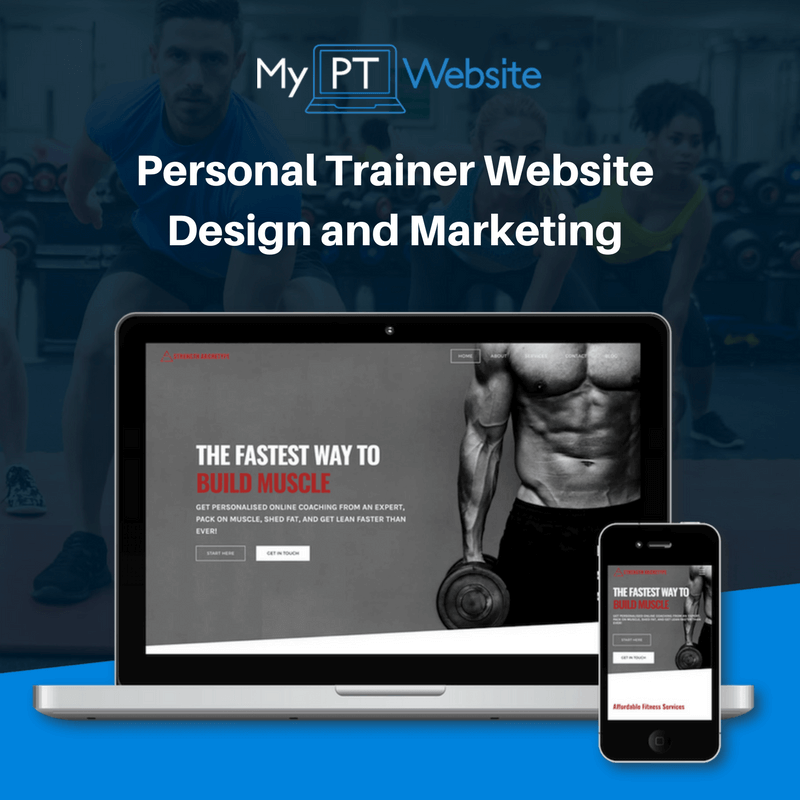Learn More About SEOing Your PT Website
What You'll Learn
In this lesson, we cover some of the techniques that you must implement for the long term health of your personal trainer website. This information is what most people are missing in their strategy for success online and we are offering to you for FREE!
Why is This Important?
Search engine marketing or Search Engine Optimisation (SEO) is your long game. It's your long term fitness marketing strategy. After all, you don't want to be paying for ads forever, right? So by implementing the right SEO strategy from the beginning can help your business become more visible from early on in your business life.
In this lesson, we cover some of the techniques that you must implement for the long term health of your personal trainer website. This information is what most people are missing in their strategy for success online and we are offering to you for FREE!
Why is This Important?
Search engine marketing or Search Engine Optimisation (SEO) is your long game. It's your long term fitness marketing strategy. After all, you don't want to be paying for ads forever, right? So by implementing the right SEO strategy from the beginning can help your business become more visible from early on in your business life.
Ah yes, search engine marketing or search engine optimisation, whichever you want to call it... the boring one. Search Engine Marketing (SEM) is your long term marketing strategy. A good SEM campaign can mean the difference between FREE leads for the rest of your life or paying for leads for the rest of your life. I know which one I'd prefer. If you REALLY hate search engine marketing. Use this handy PDF to discover the KEY ranking factors that might just work for you.
Step 1: Create a Sitemap
A sitemap helps Google to easily identify pages of your website so it can add them to the list of Google results when someone searches for your services. Once we have a site map, we'll submit it to Google Webmaster Tools.
Google Webmaster Tools provides you with detailed reports about your pages' visibility on Google. Such as when you are getting 404 errors (pages not being found), and who is linking to your site (which is good for some of the link building exercises we’ll get to later on). It’s also a good place to verify that your XML sitemap has been submitted correctly and that your pages are being indexed (so people can find them).
Follow these steps to get up and running:
Google Webmaster Tools provides you with detailed reports about your pages' visibility on Google. Such as when you are getting 404 errors (pages not being found), and who is linking to your site (which is good for some of the link building exercises we’ll get to later on). It’s also a good place to verify that your XML sitemap has been submitted correctly and that your pages are being indexed (so people can find them).
Follow these steps to get up and running:
- Step 1: Set up an account (you’ll need a Google account)
- Step 2: Add your site
- Step 3: Verify your site. To do this you will be asked to upload an HTML file to your site or to add a short code snippet to your homepage. Once you’ve done this you’ll get a happy green checkmark when Google sees what you did.
- Step 4: Create an XML sitemap. This tells Google what pages are on your site, so that it can go index them (it won’t index them all - it’s just picky that way). There are a couple of ways to do this depending on the type of site or blog you’re running. If you’re using Wordpress, you should install the Google XML Sitemaps plugin which will generate it automatically for you. Alternatively you can use a different generator to produce one (after you enter your site URL).
- Step 5: Add your sitemap. Once your sitemap exists, you need to tell Webmaster Tools where it lives on your site. This is typically something like http://www.yoursite.com/sitemap.xml.
- Step 6: Get in the habit of checking in once per month to look at stats and spot any errors. It’s also a good QA task to do after you make any changes to your site, in case you broke something in the process.
Step 2: Find The Right Keywords For Your Business
This is a massive topic that would usually be taken up by at least one chapter of a book, but as I’m trying to keep it short and give a noob style overview, I’ll simplify it to one of the core purposes behind how and why you’d choose some of your core keywords.
The core organic search keywords (or phrases) are what you want to optimize your pages for so that people searching for those terms will find your website. There are two main components at play here: optimizing your pages for these keywords (making the content on the page relevant to the keywords), and getting inbound links to your pages with link anchor text matching (or semantically related to) the keywords - which tells Google that someone else recognizes you as an authority on your subject.
Chances are, you haven't even thought about this and that's totally OK becuase it's boring. I've search engine optimised over 1,000 fitness websites and chances are, these are your keywords (replace *Location* with your actual location):
Optimise your website for those keywords and you'll already be a step ahead of your competition.
The core organic search keywords (or phrases) are what you want to optimize your pages for so that people searching for those terms will find your website. There are two main components at play here: optimizing your pages for these keywords (making the content on the page relevant to the keywords), and getting inbound links to your pages with link anchor text matching (or semantically related to) the keywords - which tells Google that someone else recognizes you as an authority on your subject.
Chances are, you haven't even thought about this and that's totally OK becuase it's boring. I've search engine optimised over 1,000 fitness websites and chances are, these are your keywords (replace *Location* with your actual location):
- Personal Trainer *Location*
- *Location Personal Trainer*
- Best Personal Trainer *Location*
- Personal Training in *Location*
- *Location* Personal Training
Optimise your website for those keywords and you'll already be a step ahead of your competition.
Step 3: How To Optimise Your Static Pages
So search engine optimising your personal trainer website can seem awful complex and let's face it, overwhelming. To make things super simple, pick ONE keyword per page. So for your home page you might choose "Personal Trainer *Location*" and optimise that page for that ONE keyword.
To optimise your page try to mention that keyword or a variation of that keyword (Personal Training in *Location) in the following places:
You'll need 500-1000 words on your home page to make this work. With your keyword and variations of that keyword in those places, Google will see it and think "this site must be about those keywords... maybe I'll put it on page 1".
To optimise your page try to mention that keyword or a variation of that keyword (Personal Training in *Location) in the following places:
- Your page title
- Your first header
- The first paragraph
- The second header
- The last paragraph
You'll need 500-1000 words on your home page to make this work. With your keyword and variations of that keyword in those places, Google will see it and think "this site must be about those keywords... maybe I'll put it on page 1".
Step 4: How to Use SEO To Optimise Your Blog
When you set up the blog for your site, keep the key phrases you chose earlier in mind when creating your main blog categories. You will want to create content that’s targeted and focused on these primary categories so that the category pages (where all the posts from that category live) can be developed over time to be important hubs of content on these subjects.
Most category pages are just lame old listings of the 10 more recent posts. What you want to do is add extra static content to this page (to go with the ever changing dynamic list of posts) that makes it feel like a microsite in it’s own right (for the humans) and has lots of juicy keyword rich content for the search engines. Think about adding the following:
Most category pages are just lame old listings of the 10 more recent posts. What you want to do is add extra static content to this page (to go with the ever changing dynamic list of posts) that makes it feel like a microsite in it’s own right (for the humans) and has lots of juicy keyword rich content for the search engines. Think about adding the following:
- An introductory block of content that serves to cover the basic theory of the subject category
- Links to the best posts from the category (posts get buried over time and you want people to find them consistently)
- Links to related and useful content elsewhere (don’t be afraid to link to other great people/resources), you’ll get more links back to your page if you are open, awesome and helpful
That's it!
Seriously, that's all there is to it. As usual, remaining consistent in your marketing efforts, whether that's Facebook, content or SEO, will yield the best possible results.
SEO is your long game. It won't yield any results straight away but having the points above in mind when you create new pages for your website will massively improve your reputation with search engines and get you more website visits and therefore clients in the long term.
SEO is your long game. It won't yield any results straight away but having the points above in mind when you create new pages for your website will massively improve your reputation with search engines and get you more website visits and therefore clients in the long term.
Frequently Asked Questions
WHY IS GOOGLE WEBMASTER TOOLS IMPORTANT?
Google Webmaster Tools provides you with detailed reports about your pages' visibility on Google. With this tool you can see any errors accruing with your page, so you can fix them and optimise your site.
HOW DO I MAKE A LIST OF KEYWORDS FOR MY BUSINESS?
This can be an extensive subject, but we are trying to keep it simple. So basically you need to make sure all your static pages are keyword friendly. You can use tools like Google AdWords to get you going, but really you can spend days/hours weeks on building your keyword list. If you have at least these first set of keywords in your content copy, then you will be one step ahead of most of your competition:
(replace *Location* with your actual location):
WHAT WILL MAKE MY BLOG ROCK?
Your blog is the marketing gold ticket to promoting you, your services and making your online presence known. The best and easiest way to optimise your blog, is to provide amazing relevant & targeted content, which add value to your audience's life. Then working from there, making sure your you make the content keyword rich and optimse your titles, sections and tags, will help put your website out there past the noise of your competition.
Google Webmaster Tools provides you with detailed reports about your pages' visibility on Google. With this tool you can see any errors accruing with your page, so you can fix them and optimise your site.
HOW DO I MAKE A LIST OF KEYWORDS FOR MY BUSINESS?
This can be an extensive subject, but we are trying to keep it simple. So basically you need to make sure all your static pages are keyword friendly. You can use tools like Google AdWords to get you going, but really you can spend days/hours weeks on building your keyword list. If you have at least these first set of keywords in your content copy, then you will be one step ahead of most of your competition:
(replace *Location* with your actual location):
- Personal Trainer *Location*
- *Location Personal Trainer*
- Best Personal Trainer *Location*
- Personal Training in *Location*
- *Location* Personal Training
WHAT WILL MAKE MY BLOG ROCK?
Your blog is the marketing gold ticket to promoting you, your services and making your online presence known. The best and easiest way to optimise your blog, is to provide amazing relevant & targeted content, which add value to your audience's life. Then working from there, making sure your you make the content keyword rich and optimse your titles, sections and tags, will help put your website out there past the noise of your competition.

